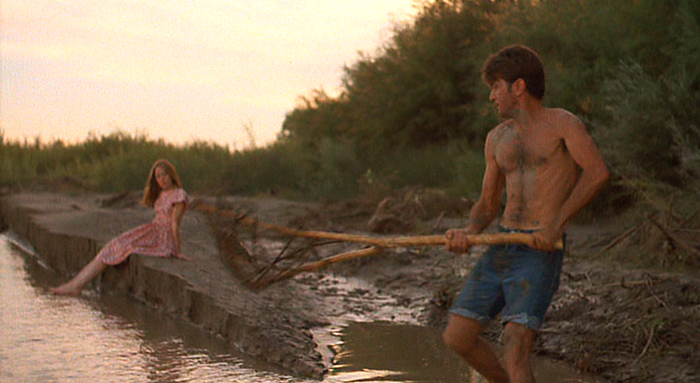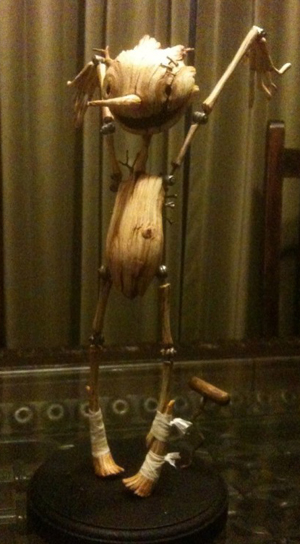Contest Winner: "I Know Where I'm Going"
 Tuesday, May 31, 2011 at 12:19PM
Tuesday, May 31, 2011 at 12:19PM  Eeep! I forgot to announce the contest winners for this new Katharine Hepburn "I Know Where I'm Going" bio from Charlotte Chandler. I asked participants to name their favorite performance from "Kate the Great" and I just now pulled the winners randomly from those contest entries.
Eeep! I forgot to announce the contest winners for this new Katharine Hepburn "I Know Where I'm Going" bio from Charlotte Chandler. I asked participants to name their favorite performance from "Kate the Great" and I just now pulled the winners randomly from those contest entries.
Which Hepburn performances are favored by our three winners? Read on!
Annie in New York. She writes...
My favorite Katharine Hepburn performance is in Bringing Up Baby (1938). Reasons: The improvised line, "I was born on the side of a hill" when the heel on her shoe broke; the glorious close-up of her smiling face that brings the film to a complete halt just to luxuriate in it; "Did we get to the other side?". It's her full commitment to every aspect of the funniest movie ever made that makes this my favorite Hepburn performance.
Seisgrados in Spain. He writes...
Leonor of Aquitania in The Lion in Winter (1968). Her character is talked about like a bigger than life figure, strong, conniving, powerful, long before she enters the movie.
It's so hard for an actor to live up to those expectations in any film but when Hepburn shows up in this, she manages to be all that. An irresistible force.
Kimberly in Massachussetts. She writes..
Growing up Katharine Hepburn was the first real "actress" I knew of save my fathers obsession with Vivien Leigh (and all things Gone With The Wind). Living in New England she's considered a treasure. I could easily rattle off a specific reason, scene, or line that make each of these performances my favorite: Stage Door - I long to have a real life dialogue where I can use a few of the gems her and Ginger Rogers spout at one another; Bringing Up Baby for the early scene in the restaurant when her dress is ripped; The Philadephia Story drunk in Jimmy Stewarts arms...
But, my favorite would be in Desk Set (1957). Besides being the most often quoted film between my father & I, the performances are pitch perfect. It makes me sad that so many people haven't seen this film. As a woman this film has always stood out to me because Bunny Watson never tried to dumb herself down for Richard Sumner - he came to love her because she was smart. Hepburn also plays off of Joan Blondell in a fantastic way - Kate was rarely given girlfriends in her films - she was tough and always sparred with the boys, so it's fantastic to see her be a girls girl. This is one of my all time favorite films and I watch it every single time it's on.
Congratulations to the winners! Your books will be in the mail soon.
Was your favorite Hepburn performance duly noted?
Pssst. Mine is Bringing Up Baby with Alice Adams as runner up but I am far from a completist.









